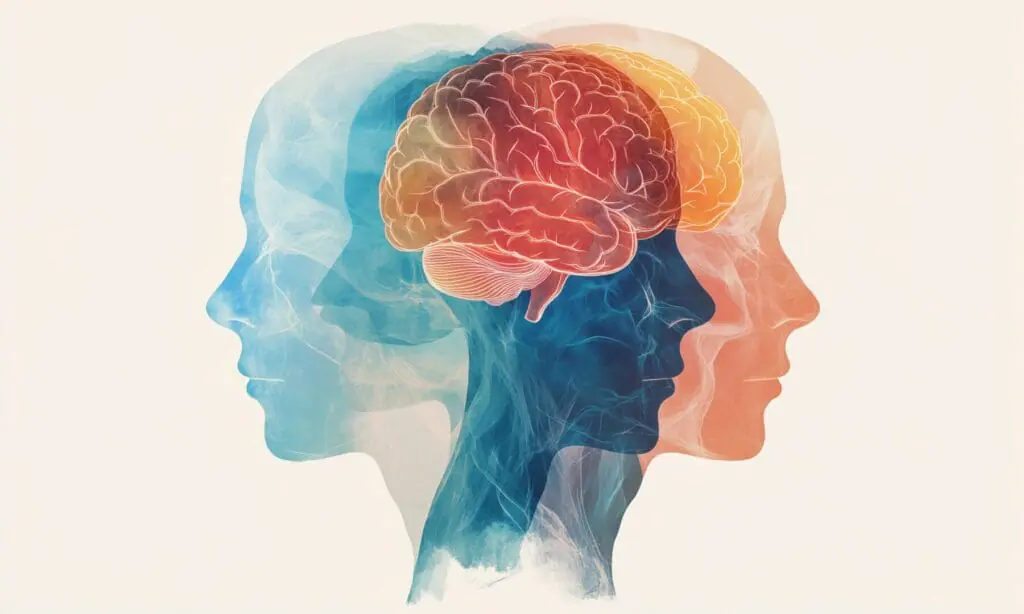What Are Life Coaches?
Life coaches work with clients seeking help, guidance, and advice in various aspects of their lives. The goal of a life coach is to assist clients in meeting their full potential by identifying strengths and weaknesses and collaboratively setting goals.
Life Coaches vs. Therapists
While these coaches and therapists focus on improving people’s well-being, providing support and guidance, and helping set and meet goals, the two have many differences:
- Therapists utilize evidence-based therapy to help clients discern why they think and act the way they do.
- Therapists can treat mental health conditions, whereas these types of coaches cannot.
- While these types of coaches may hold certificates from various programs, they are not required to have any certificate or licensure, nor do they have regulated training.
- Therapists must hold an advanced degree, such as a master’s or doctorate degree, and follow a set of regulations and a code of ethics determined by their state or licensing board.
- Therapists are held accountable for keeping confidentiality, while life coaches are not.
How Effective Is Life Coaching?
Numerous studies and surveys have highlighted the effectiveness of life coaching. According to one study, 99% of companies and individuals who used life coaching were satisfied, and 96% said they would use a life coach again. Additionally, life coaching reportedly improved work performance by 70%.1
Data from a survey completed by individuals who used a life coach indicated that 80% improved their self-confidence, 72% improved their communication skills, and 57% improved their time management skills.2
What Types of Life Coaches Are There?
There are many types of these coaches out there. Some of the areas that life coaching services focus on include:
Addiction Recovery Coaches
An addiction life coach provides support and guidance during recovery, similar to a peer support group leader. These coaches specializing in addiction act as a partner in the recovery process, offer support, identify challenges and triggers, help mend relationships, find opportunities for growth, help clients remain accountable in their recovery, prevent relapse, and find helpful resources.
Mental Health Coaches
Similarly to an addiction life coach, a mental health life coach offers support to individuals struggling with mental health issues. While mental health coaches do not take the place of a therapist or psychologist, they can provide support, teach effective tools to manage life challenges, and help improve negative thought patterns. One study’s findings suggest that life coaching can improve mental health, personal development, goal attainment, and quality of life.3
Health and Wellness Coaches
Health and wellness coaches focus on physical and emotional health and well-being. They can help clients meet specific health-related goals, such as reducing alcohol intake, improving diet, and lowering stress.
Other Types
Some other types of life coaching can include:
- Business Coaches: A business life coach acts as a mentor and supports, educates, and motivates business owners.
- Career Coaches: A career coach is someone who works with clients on career planning, building up a resume, developing skills, and achieving career goals.
- Diet and Fitness Coaches: Like health and wellness coaches, diet and fitness coaches mentor their clients on healthy eating and developing exercise routines to meet fitness goals.
- Family Life Coaches: These coaches work with family members to address goals and improve family dynamics.
- Life Skills Coaches: Life skills coaches can assist clients in developing skills to improve their lives, such as career, social, personal, financial, etc.
- Relationship Coaches: Relationship coaching is focused on helping individuals improve communication skills, develop conflict resolution tools, and learn ways to deepen intimacy.
- Spirituality Coaches: A spiritual life coach helps strengthen the clients’ connection with their spiritual beliefs.
- Sports Coaches: A sports coach is involved in assisting with the direction, instruction, and training of an athlete.
Find the Best Life Coaches
If you are interested in finding a life coach, use the information below to help and guide your search:
How to Find a Life Coach Near Me?
To find a life coach near you, you can perform a Google search for “life coaches near me,” or San Diego Detox can assist with resources and referrals.
Are These Coaches Covered By Insurance?
No, life coaches are not covered by insurance as they are not considered a form of treatment, and insurance companies do not see them as “medically necessary treatment.” For more information, you can always contact your insurance provider.
Life Coach or Therapist, Which One Is Right for Me?
Consider what your challenges or concerns are to determine whether coaching or therapy is right for you. Some individuals find it beneficial to have both a life coach and a therapist to focus on different subjects.
Therapy may be best for you if you struggle with a mental health condition, trauma, or addiction. However, if you feel stuck, need guidance, and are looking to fulfill your potential, you may find a life coach beneficial.
Learn More About Addiction Life Coaching With San Diego Detox
San Diego Detox is a premier drug and alcohol detoxification facility aimed at treating addiction and mental health disorders. At San Diego Detox, we use various evidence-based techniques and approaches to assist our clients through recovery in the best way possible.
We can provide resources for addiction or mental health life coaches or help you find a life coach that is right for you. For more information about finding a life coach or addiction treatment, contact San Diego Detox at 619.433.6560 or contact us
What Do Life Coaches Do?
Life coaches can help people:
- Build confidence
- Develop career skills and find a career they love
- Set goals
- Stay accountable to their goals
- Improve fitness, diet, and physical well-being
- Form better relationships
- Decrease stress and anxiety
- Improve productivity and focus
Where Do Life Coaches Work?
These types of coaches can work in a variety of settings based on their area of expertise or niche. For example, an addiction life coach may work in an addiction treatment program or rehab facility. The following includes common locations these professionals may work:
- Rehabilitation centers
- Residential care centers
- Independent coaching businesses
- Corporations
- Hospital or medical practices
- Insurance companies
What Are the Benefits of Life Coaching?
Some common benefits of life coaching include the following:
- Produce longer-lasting positive behavior change
- Increase creativity and flexibility
- Increase willingness to grow and adapt
- Find enjoyment in setting goals and making changes
- Increase in one’s sense of purpose and fulfillment
- Improvements in personal relationships and health
Another benefit is that life coaching is not restricted to a specific age group. For instance, a study examining the results of life coaching on adolescents found that it significantly increased cognitive hardiness and hope and significantly decreased symptoms of depression.






